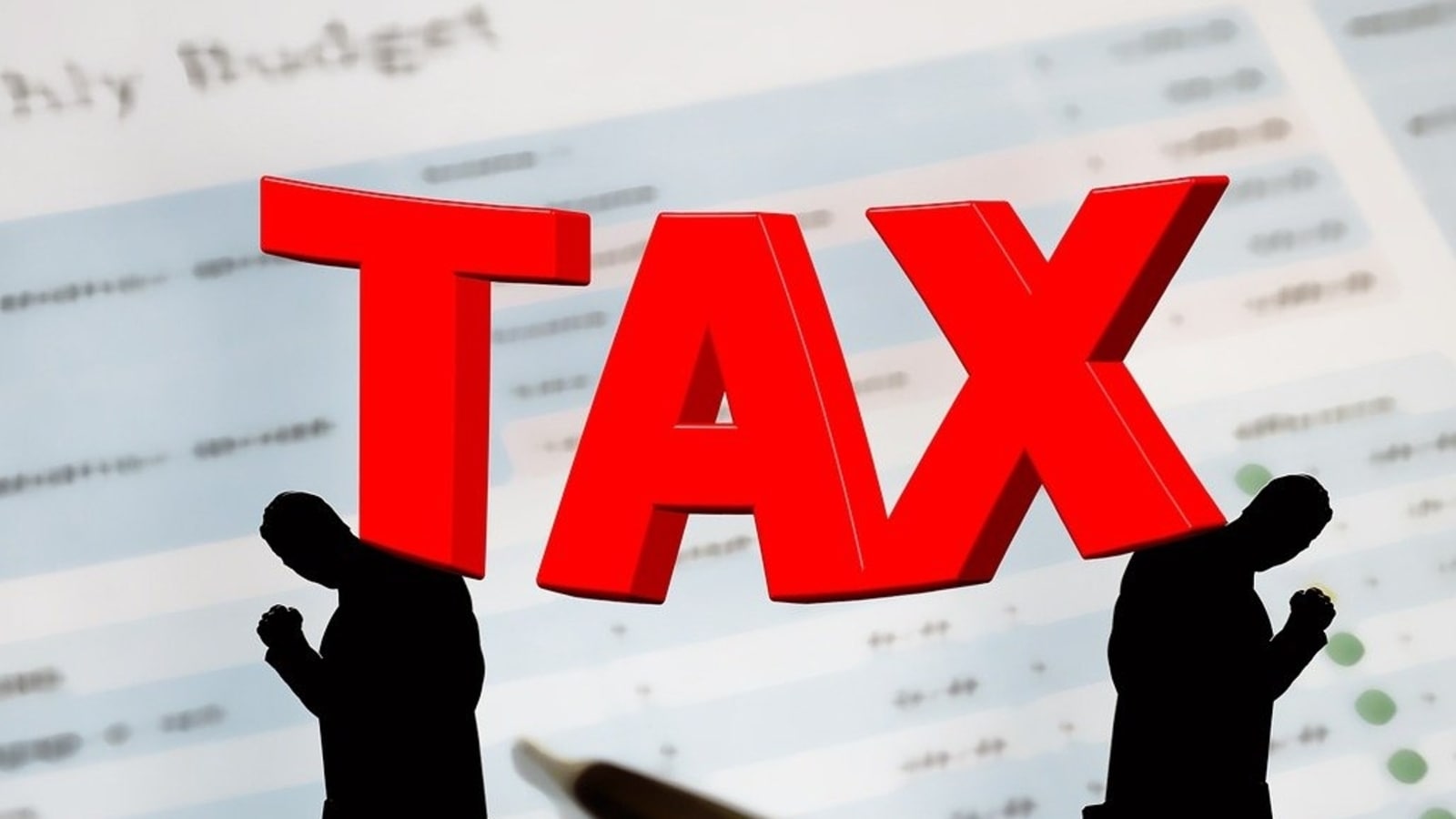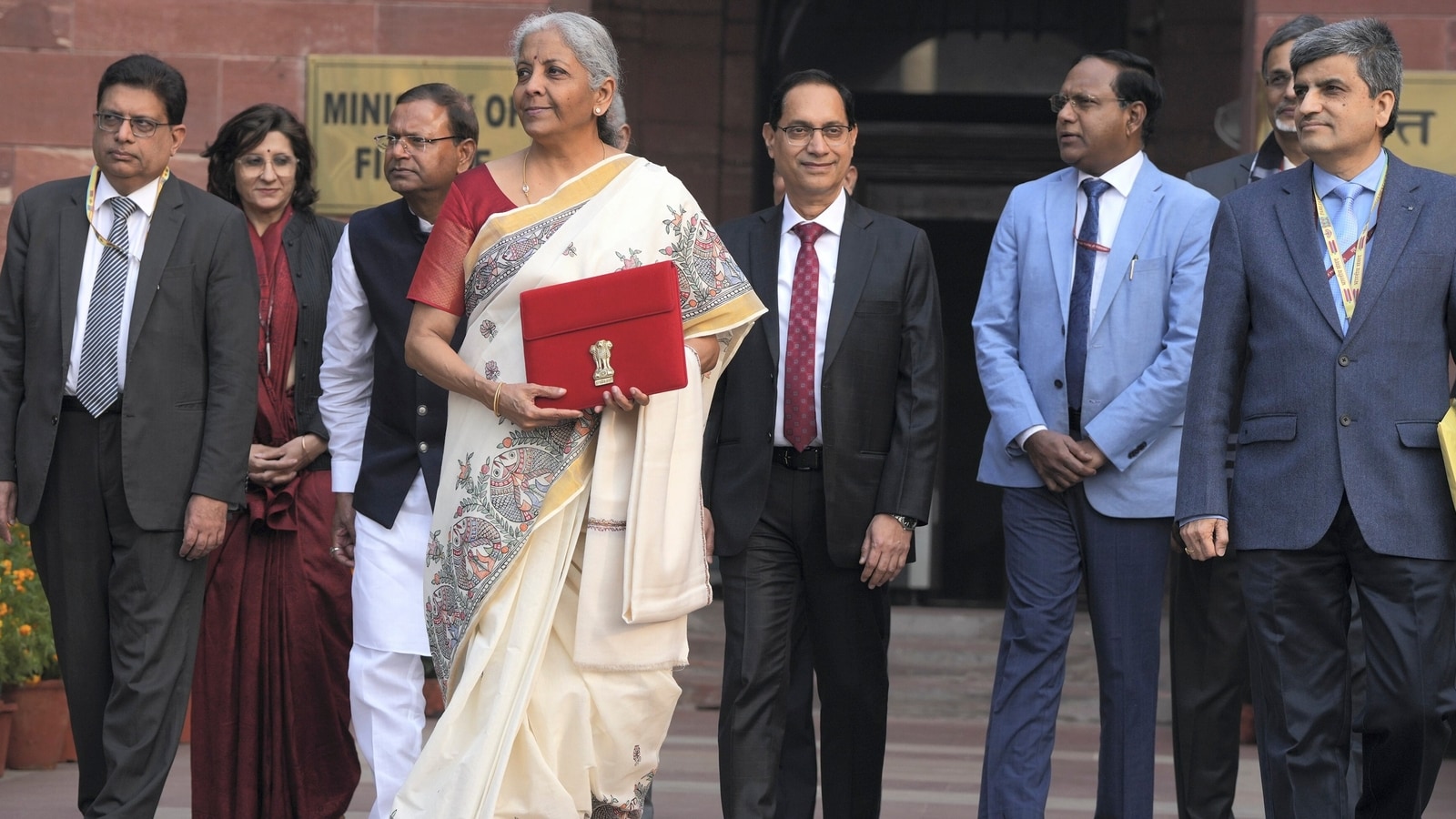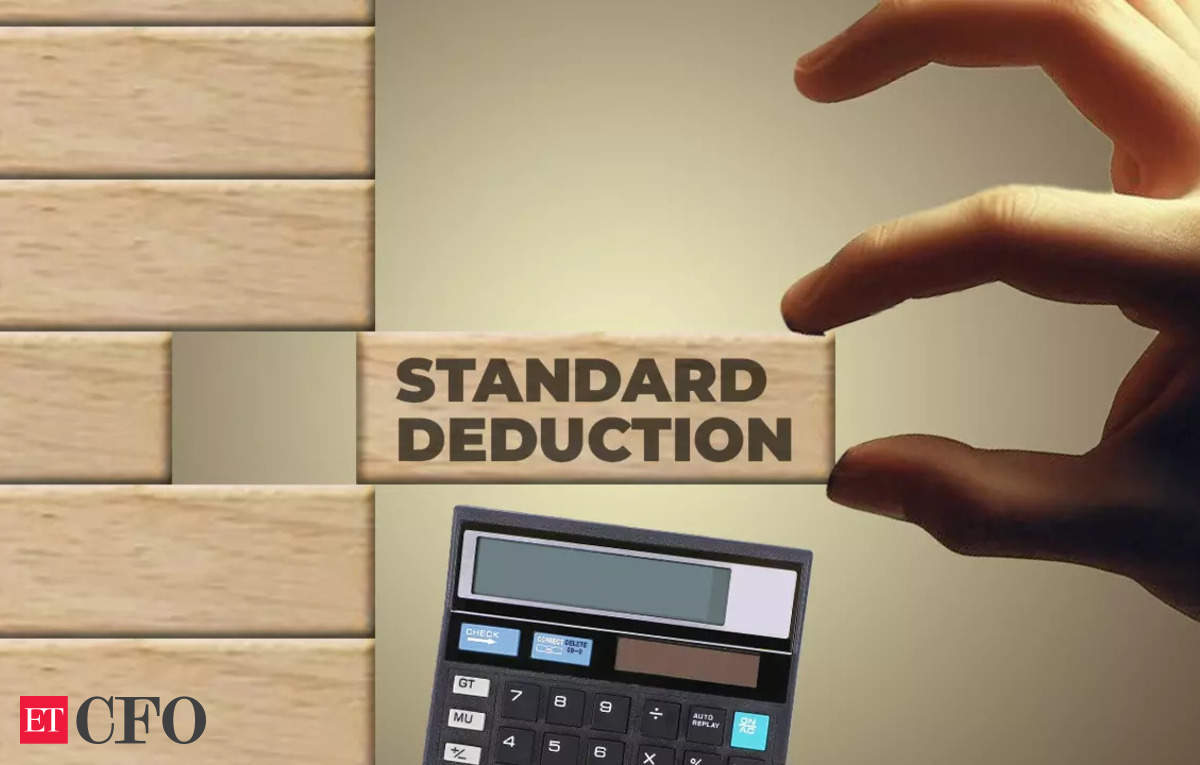As digital footprints expand and data analytics improve, several types of transactions are coming under the Income Tax department’s radar. Let’s have a look at list of transactions that may trigger an income tax notice:
Cash deposits in savings or current accounts
Cash deposits exceeding Rs 10 lakh in a savings account or Rs 50 lakh in a current account annually are considered high-value transactions. Deposits above Rs 2 lakh in a single transaction also come under scrutiny.
Property dealings
Real estate transactions are a significant focus area. The purchase or sale of immovable property valued at Rs 30 lakh or more must be reported. Even if the transaction is split into multiple smaller amounts, the aggregate value is considered. Taxpayers should ensure that such transactions are properly disclosed in their ITR to avoid discrepancies.
Cash payment for purchasing bank draft, pay order, banker’s cheque or prepaid RBI instruments
Banks or cooperative societies must report transactions where the cash payment for purchasing bank drafts, pay orders, banker’s cheques, or prepaid RBI instruments exceeds Rs 10 lakh. They are required to disclose these transactions to the Director of Income Tax by filing Form 61A.
Cash investments in shares and mutual funds
Cash investments worth more than Rs 10 lakh per year in shares, mutual funds, debentures, and bonds must be reported. Failure to disclose such transactions could lead to inquiries from the tax department.
Credit card payments
Cash payments of more than Rs 1 lakh per year for credit card bills are tracked. Payments exceeding Rs 10 lakh across all credit cards via methods other than cash are also reported.
The Income Tax Department may issue notices for high-value transactions such as domestic business-class air travel, tuition or donation payments, purchases of jewellery, white goods, paintings, marble, and electricity consumption exceeding Rs 1 lakh in a fiscal year.
Other high-value transactions
Cash deposits over Rs 10 lakh in fixed or recurring deposits
Sale of foreign currency exceeding Rs 10 lakh
Sale and credit of forex cards above Rs 10 lakh
It’s crucial for taxpayers to maintain proper documentation for all significant transactions. The concept of Annual Information Statement (AIS) has been introduced, which provides a comprehensive view of a taxpayer’s financial transactions. Taxpayers are advised to reconcile their AIS with their ITR to ensure consistency and avoid discrepancies.
Visit www.cagurujiclasses.com for practical courses











